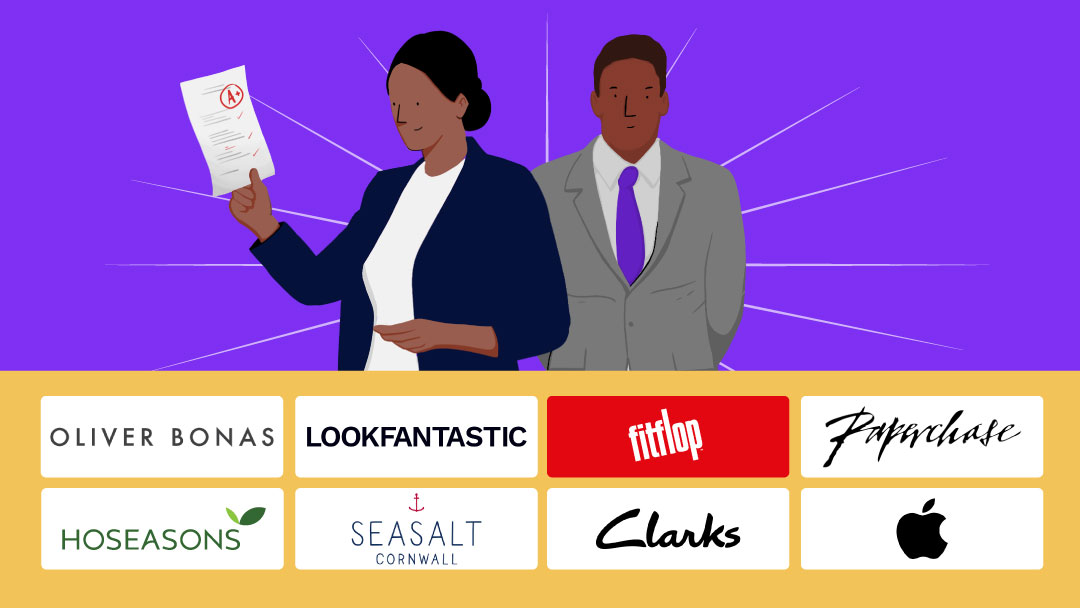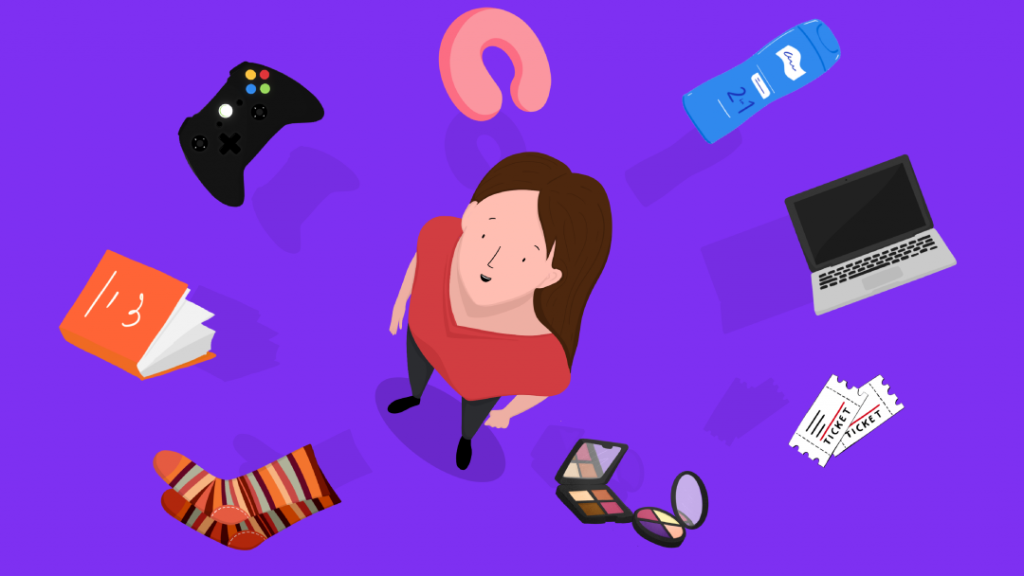It is never a bad time to get your finances in order. But for many people, it is difficult to know where to start. We often hear about teacher budgeting and automatically have a generalised understanding of what it means and how it works. But when broken down, there is a lot to take into consideration.
Highlights
- Why is Budgeting Important?
- Your Relationship with Money
- Teacher Budgeting Support
- What are Credit Cards and How Do They Work?
- How to Get a Credit Card?
- Credit Card Benefits
- Types of Credit Cards
In simplest terms, budgeting is a spending plan that you create to help you better manage your money. It can usually help you achieve a financial goal, such as getting out of debt, purchasing a house, or booking a holiday.
Budgeting can involve a more complex list of financial expenditures, but at its core, there is no right or wrong way to budget, and remember that everyone’s circumstances are different. You may also find that things like credit cards can help you to budget and consolidate any debt or payments you need to make that are getting in the way of you budgeting effectively. We will discuss credit cards in more detail later on. But first…
Why is Budgeting Important?
There are multiple benefits to budgeting, not just for those who struggle financially and are looking to get “better” with money. Budgeting encourages you to live within the means of your budget and to work out what’s possible. You can think of a budget as a stepping stone to your financial ambitions and goals.
Understanding Your Relationship with Money
Understanding and tracking your expenses helps determine how much you have to save and/or spend. Once you have been able to identify any patterns within your relationship with money, you can make adjustments.
You may assume that you are good with money and don’t overspend in certain areas. But if you take a closer look at your finances, you may be able to identify any problem areas or areas in which you could make some savings. For example, have you ever made a note of how much money you spend on takeaways or online shopping in a single month?
Money causes a lot of us stress and anxiety, but by budgeting, you can help manage your finances and prepare for rainy days. Here are some steps to help you on your budgeting journey:
Budgeting Tips
1. Start small
2. Budget with your partner
3. Remember that every month is different
4. Decide why you are budgeting
5. Test out different methods
6. Leave room for random surprises
7. Revisit and reanalyse your monthly budget
Teacher Budgeting Support
If you need a little outside support, there are a range of organisations that can help you. Below, we have listed some organisations that can help you help you budget.
- Citizens Advice – Citizens Advice can offer advice and support concerning debt management, budgeting, benefits, and much more. Why not reach out and speak to your local Citizens Advice to see how they could help.
- Age UK – As one of the UK’s leading charities, Age UK can offer support to people aged over 66 that are struggling financially. For more information, or to see how Age UK could help you, visit the Age UK Website.
- Money Helper– Formerly known as the Money Advice Service, offers a wide range of guides to managing money–especially during unpredictable times. They also offer free, confidential debt advice. For more information, visit Money Helper’s Website to see how they could support you.
Credit Cards
Getting a credit card can be pretty overwhelming, especially if you don’t fully understand what they are and how they work. But if you use a credit card correctly, you can reap a wide array of benefits. From providing you with valuable free protection to the perfect opportunity to build your credit rating, credit cards that offer 0% interest deals are among the cheapest and most accessible ways to borrow money.
What are Credit Cards and How Do They Work?
Essentially, a credit card allows you to pay for things and instead of money being taken from your account every time you spend, the credit card company pays the amount and you receive a bill at the end of each month.
When you receive your bill you can pay it off in full and avoid paying any interest. But if you choose to pay a smaller amount then the amount will stay on your account the following month and you will be charged interest. For this reason, we recommend that you lookout for a 0% deal.
You can be forgiven if the term ‘credit card’ confuses you slightly as the name is a bit misleading. The name ‘borrowing card’ or ‘debt card’ may be more appropriate and make it easier to understand. This is because any time you spend money on your credit card you are occurring debt that you will need to pay at a later date.
How to Get a Credit Card?
Before applying for a credit card it is essential that you do your research and find the right account for you. This is the most important part of the credit card application process as if you make a mistake then it may end up costing you a lot more money than you imagined and could have damaging effects on your credit score overall.
Start off by deciding how you plan to your a credit card and why it is that you want to get one. If it’s because you are eager to build your credit score up then there are credit builder cards out there for you. However, if you want a card that you can spend on but can’t always pay the full balance monthly then you should look for a card that charges 0% or with cards with a lower APR.
What Are The Benefits of Credit Cards?
When used in the correct way, there are many benefits of having and using a credit card. These include:
- Safe and Easy – Credit cards are accepted at most places so they are easy to use/carry and offer a safe alternative to carrying cash that you may lose or have stolen.
- A cheaper way to borrow money – You can avoid paying any interest if you pay the outstanding balance each month. In some cases, a credit card will provide you with an interest-free period but make sure you are aware of when this period ends or you may find yourself with a hefty bill to pay.
Reward Cards – this type of card rewards you for using it, such as cashback, store discounts or travel miles. These often have an annual fee and higher interest rates than other cards and sometimes require you to have a good credit score to be approved.
Credit Builder Cards – if you are keen to build your credit history then credit builder cards usually have low credit limits and higher interest rates. However, paying the monthly bill on time and providing your reliability to lenders will help you improve your credit in the future.
Balance Transfer Cards – if you already have a credit card and want to reduce the interest amount you are paying then you can move any existing card debt to a balance transfer credit card. While there is usually a small fee for the balance transfer, this type of card offers a 0% and a low-interest rate for a period of time.
Purchase Cards – if you are looking to make a big purchase and want to spread the cost then purchase cards that offer you an interest-free period provide an easy and affordable borrowing method. Purchase cards usually come with minimum payment terms and we recommend that pay off any outstanding balance before the period of interest-free credit ends.
Whether you are looking for information on mortgages, borrowing money, loans, or any other financial service, we have support pages that can help you.
Disclaimer: This blog post was written and shared by Discounts for Teachers and is intended to inform readers about the topic at hand. Before engaging with any financial product, please speak to a professional.
More Blogs

Are you searching for a specific discount? Why not take a look at our A-Z Teachers Discount list that is updated monthly? Click the button below to discover more.

Are you searching for new Teacher discounts? We continually work with new brands across various categories, such as travel, fashion, finance, and much more.


